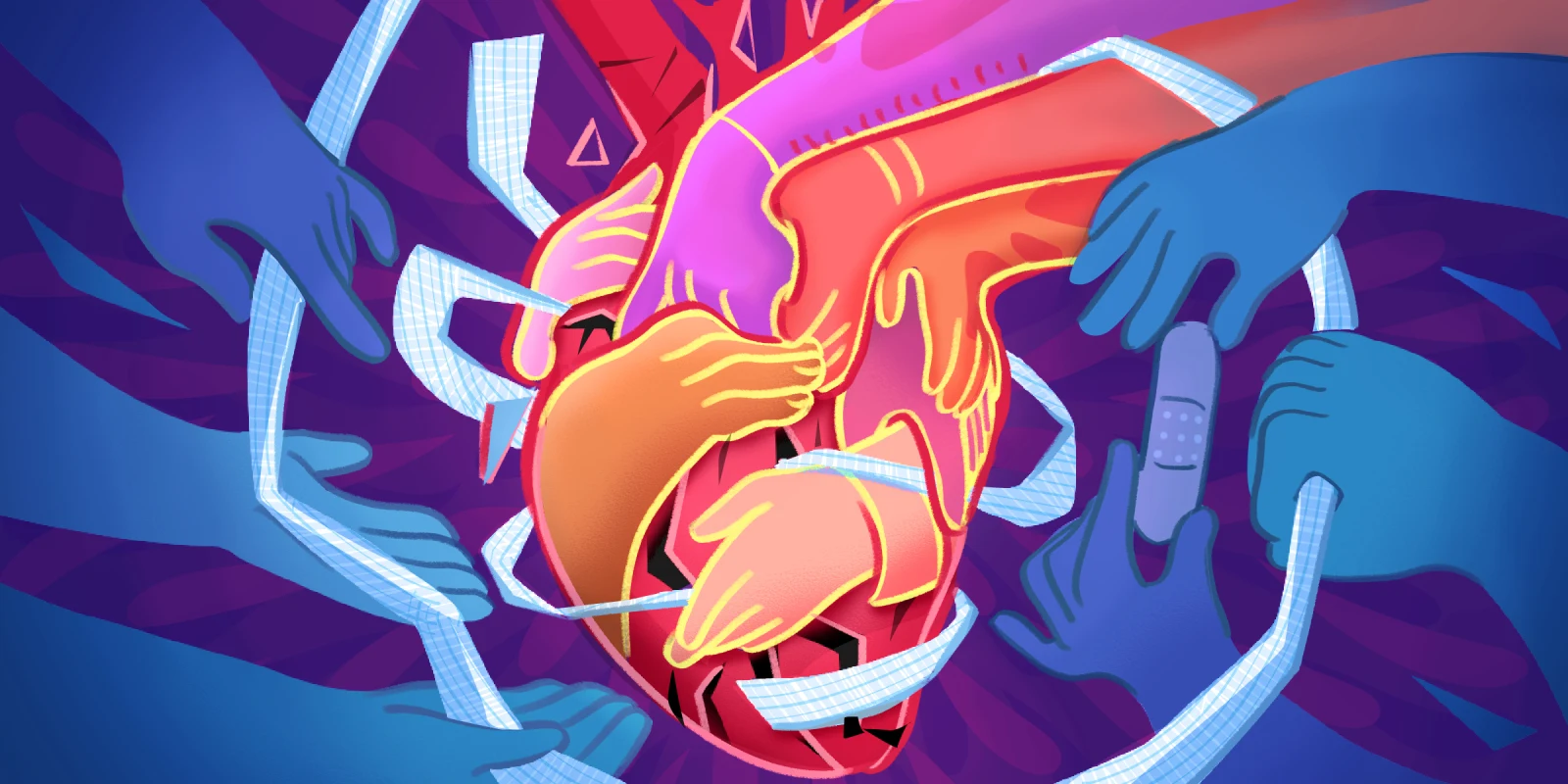She was the first person to ever refer to me as “her doctor,” even though I was still 15 months away from actually becoming one. She was one of the first patients I ever got emotionally close to, though we had seemingly little in common. She was also one of the first to value my opinions about her care, even though I had no idea what I was talking about.
Mrs. Honeycutt was an older Black woman on the general medicine ward assigned to me on my third-year clerkship in internal medicine. She was suffering from late complications of diabetes, specifically horrible gastroparesis. At the time, the gastroparesis was revelatory to me. I hadn’t had any idea diabetes could cause that. Her other complications were instructive, as well. My maternal grandfather, for whom I’m named, died from diabetes, but because I was only 3 years old, I never witnessed the end-of-life devastation that the wretched disease can cause. Mrs. Honeycutt became the first of many patients who taught me about this ancient scourge. Later, as a pediatrician, whenever I diagnosed diabetes, my thoughts would return to Mrs. Honeycutt, and I would pray that my newly diagnosed patient would avoid the retinopathy, neuropathy, vasculopathy, and other horrible consequences she suffered. I always tried to counsel families on the importance of good control (without scaring them too much), hoping for them to avoid Mrs. Honeycutt’s fate.
Ironically, as a consequence of steroid use to treat GvHD, I contracted diabetes myself. At certain moments, the image of Mrs. Honeycutt laying in bed, moaning in pain from a stagnant GI tract, was the only impetus I needed to eat right and exercise more.
But Mrs. Honeycutt taught me more than just the pathophysiology of diabetes. The surfeit of time I enjoyed as a third-year student allowed me to spend hours at her bedside, listening to her, talking to her, and just bonding with her as a fellow human. She found it easy to talk to me and tell me the discomfort she was in. She begged me to help her get better. I explained my rather limited role on the health care team, and never promised anything — but I did vow to at least “bring it up” with the attending.
And so I did, getting my first taste of what it means to advocate for a patient. In this case, advocating for her in front of her real physicians was good practice for later battles with insurance behemoths, schools, pharmaceutical companies, and judges. I was young, clueless, and powerless, but getting a first-rate education on how to speak up for those who are voiceless. And my attending, an empathic but over-extended nephrologist, recognized that I had made a real connection with Mrs. Honeycutt and listened to my concerns about her condition.
It was that personal connection that made me feel most powerful. Our relationship was a human touchpoint — intimate, moving, and a privilege. The experience was one of the things that sealed my decision to become a primary care physician, so that I could have someone say, “That’s MY doctor” (and mean it). It’s still a phrase that I treasure and revere. Mrs. Honeycutt was the first to use it, the first to show me that the role was not only part of an identity that I wanted to cultivate, but also a responsibility that could be used for the patient’s benefit. I’m proud to be somebody’s doctor.
As my professional career is winding down, I find myself returning to early patient encounters, from back when I literally knew next to nothing. I think those are times when even small lessons loom large in our minds, partly due to the novelty of the experience, partly due to the steep learning curve, and partly due to the timing of these formative events.
I find myself thinking of Mrs. Honeycutt more frequently as I withdraw from clinical practice, as I become more of an administrator and less somebody’s doctor. She taught me so much. We all owe a debt to these patients, those who taught us not just the details of disease or the side effects of medications, but how to be doctors.
Do you remember the patients who taught you how to be the clinician you’ve become? Share your memories in the comments.
A practicing pediatrician for over 26 years, Dr. Ruben J. Rucoba currently serves as Director of Medical Services for PediaTrust, a large pediatric "supergroup" in the Chicago area. He also established his own thriving medical writing and editing business in 2010. He has no conflicts of interest to declare. Dr. Rucoba was a 2019–2020 Doximity Op-Med Fellow and is a 2020–2021 Doximity Op-Med Fellow.
All names and identifying information have been modified to protect patient privacy.
Illustration by April Brust







